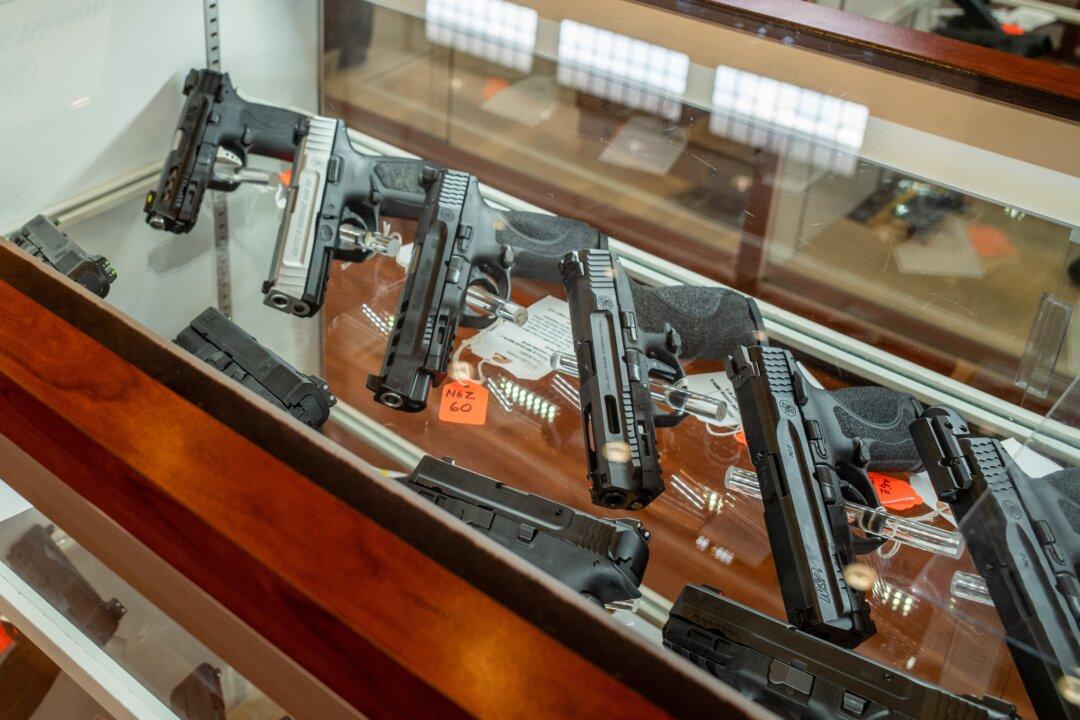People as young as 18 can carry handguns in Texas after the state dropped an appeal of a recent order.
Texas officials were prepared to make their case against the order, which found a Texas law barring people aged 18–20 from carrying handguns unconstitutional, but abruptly asked to withdraw the appeal on Dec. 20, court records show.





